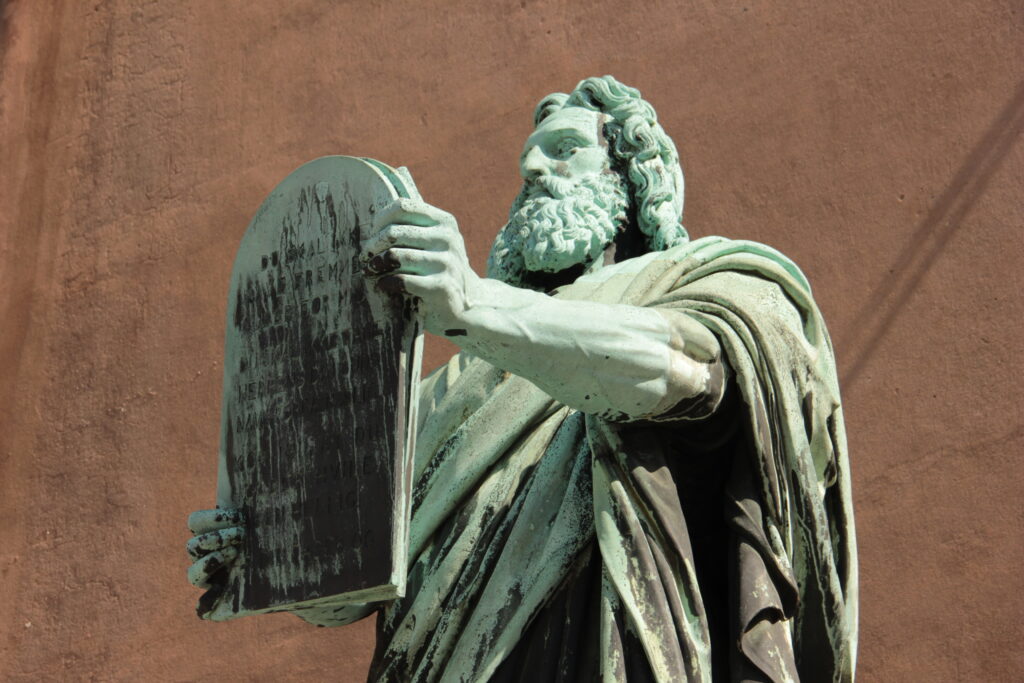Australia/Israel Review
The Last Word: One Story
Apr 1, 2025 | Rabbi Ralph Genende

The English writer Robert Graves put it best in one of his poems:
There is one story and one story only
That will prove worth your telling,
Whether as learned bard or gifted child.
Graves wasn’t speaking about Pesach/Passover, but for the Jewish people, the Passover saga remains the oldest and most compelling story of who we are. The Passover seder night is not only the most celebrated Jewish festival – it is also the most profound distillation of Jewish dreams, aspirations and lived reality.
This tale of a slave people challenging the most powerful and enduring empire the world has ever known – already some 18 centuries old at the time of the Exodus – is startlingly relevant for our own times. It marks the formation of the Jewish nation, but is also perhaps the world’s oldest known meditation on the politics of power, the scourge of slavery, the gift of freedom, the rigours of responsibility and the nature of identity.
It begins with the birth of Moses, his outrage at the abuse of his people on the construction sites of the great Egyptian empire, his epiphany at the burning bush and his chutzpah in challenging the greatest monarch in the world, Pharaoh.
Moses remains the model of a liberator, law giver and champion of social justice – the man “whose heart does not stop burning” with a fire ignited by God. In a world once again confronted with the might of determined autocracies, we should draw comfort and strength from the alternative vision offered by Moses – champion of a society built on defence of the powerless, respect for all human beings regardless of their wealth or social status and a conviction that freedom is necessary to feed the human spirit. Moses is a giant of a man, but he is also the humblest of people – a telling rebuke in our age where hubris has replaced humility, and leaders often exhibit the worst excesses.
In the telling of the story from the Haggadah on Passover evening, the name of Moses is strangely absent, perhaps emphasising not only the modesty of the man, but the responsibility of every one of us to advance the ideals of the Exodus story.
Whenever the Torah wants to convey the importance of compassion and ethical behaviour, it invokes the experience of the Egyptian exile:
Remember you were a slave in Egypt, so do not pervert the justice due to a stranger, the orphan, the vulnerable.
The rabbis also insist one must not rejoice even when you have to retaliate against a deadly enemy (hence the custom on Seder evening of spilling drops of wine when we recount the plagues that befell the Egyptians).
The Exodus account continues to shape Jewish identity today. We not only read history, but we relive it in the actions and rituals of the evening, imagining ourselves back on the banks of the Nile as we dip our food in saltwater tears and eat our bitter herbs.
Rabbi Soloveitchik says: “The battle to affirm the right of the State of Israel to live securely is a contemporary version of the Egyptian experience.”
The story of the liberation from tyranny and the fight for freedom is the story of Jewish history – and thus one key challenge for the State of Israel is to preserve and expand its democracy and strengthen the freedom of its institutions and citizens.
The Pesach saga is ultimately a story of human courage and hope – but also the story of the resilience and enduring optimism of the Jewish people.
Judaism has always taught that disasters and obstacles are temporary and that we have the power to overcome them. Echoing Martin Luther King’s famous words that hatred is not beaten by hatred but by love, the late Rabbi Jonathan Sacks said we don’t vanquish evil with hate, we vanquish it with faith in life. And that is why the story of Passover is one always worth both the telling and the retelling.






